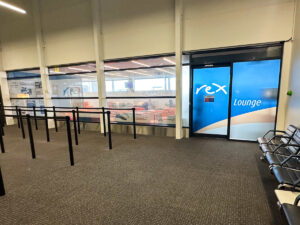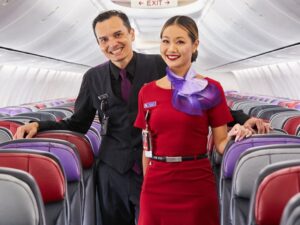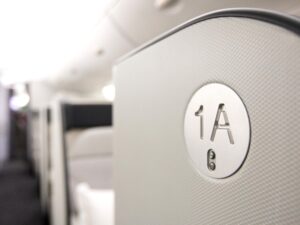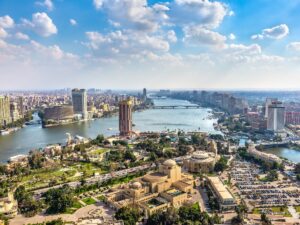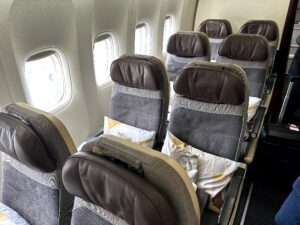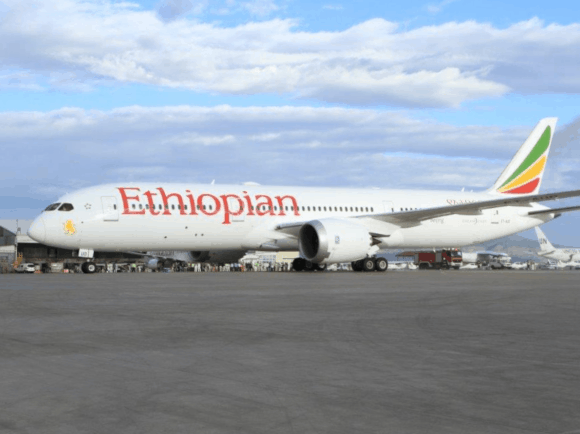
Ethiopian Airlines, a Star Alliance member and the largest airline in Africa, is building its own brand new airport in the Ethiopian capital. Construction of the new US$5 billion airport near Addis Ababa could begin as early as July this year.
Ethiopian Airlines CEO Tewolde Gebremariam told Ethiopian News Agency that its new airport will be larger than Dubai International Airport, with the ability to handle 100 million passengers per year. He said that the project was necessary because the existing Addis Ababa Bole International Airport would not be able to handle the airline’s growing passenger numbers. This is despite the opening of a second terminal last year and current expansion work on the existing terminal.
Ethiopian Airlines flew 19 million passengers in 2019, but this number is climbing rapidly as the airline expands its network and invests in new aircraft. The airline expects its fleet to grow from 119 aircraft to more than 200 planes by 2035, and many of the new arrivals are wide-bodies.
The new mega-airport will be located around 40km to the south of Addis Ababa, between the town of Bishoftu and Mount Zuqualla. It will boast duty-free shopping malls, hotels and training facilities. Although Ethiopian Airlines is independently run, it is 100% owned by the Ethiopian government which appears to be cooperating with the plan for the new airport.
As the largest airline in Africa, Ethiopian Airlines has bucked the trend in a continent where airlines lose an average of US$1.54 for every passenger flown. Last year, Ethiopian made an operating profit of US$260 million. One of the keys to the airline’s success has been its hub-and-spoke model, which connects much of Africa to the rest of the world via its hub in Addis Ababa. Ethiopian Airlines also operates many fifth freedom routes around the world.
Airlines building their own airports is not an entirely new concept
While Ethiopian Airlines may be one of the first commercial airlines to act on the idea, it’s not the first airline to consider building its own hub airport. Air Asia has weighed up the idea of building new airports in South-east Asia, while Amazon has already started construction of its own US$1.5 billion dollar hub for its cargo airline in Cincinnati.
Back in Africa, even Kenyan low-cost airline Jambojet, which is wholly owned by SkyTeam’s Kenya Airways and based in Nairobi, is also open to the idea of creating its own secondary airport to operate from.
Jambojet CEO Allan Kilavuka told the The Routes Africa 2019 conference that it’s something the airline will consider down the track.
“I think it would be a nice thing for us to create a secondary airport that is functional and it would make sense even through this cost,” Kilavuka said.
The challenge, however, would be finding a location which offers connectivity to a central location. There’s little point in building an airport in the middle of nowhere that is not connected to anything, as passengers (and staff) wouldn’t be able to reach it.
“Even for us, it would be a nice thing if we had another airport to operate from as a hub. And we’d built it. Now the problem is the availability of the airport [location]… how do you connect that airport to make sure there’s a movement of people from a central location to access the airport, back and forth?”, Kilavuka said.
If the trend of airlines building airports continues, perhaps Qantas might one day decide to build its own new airport in Perth…

